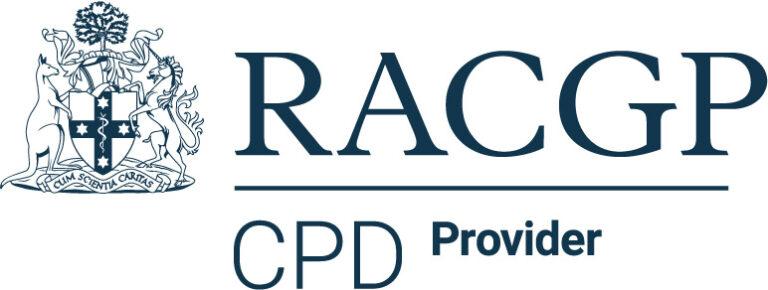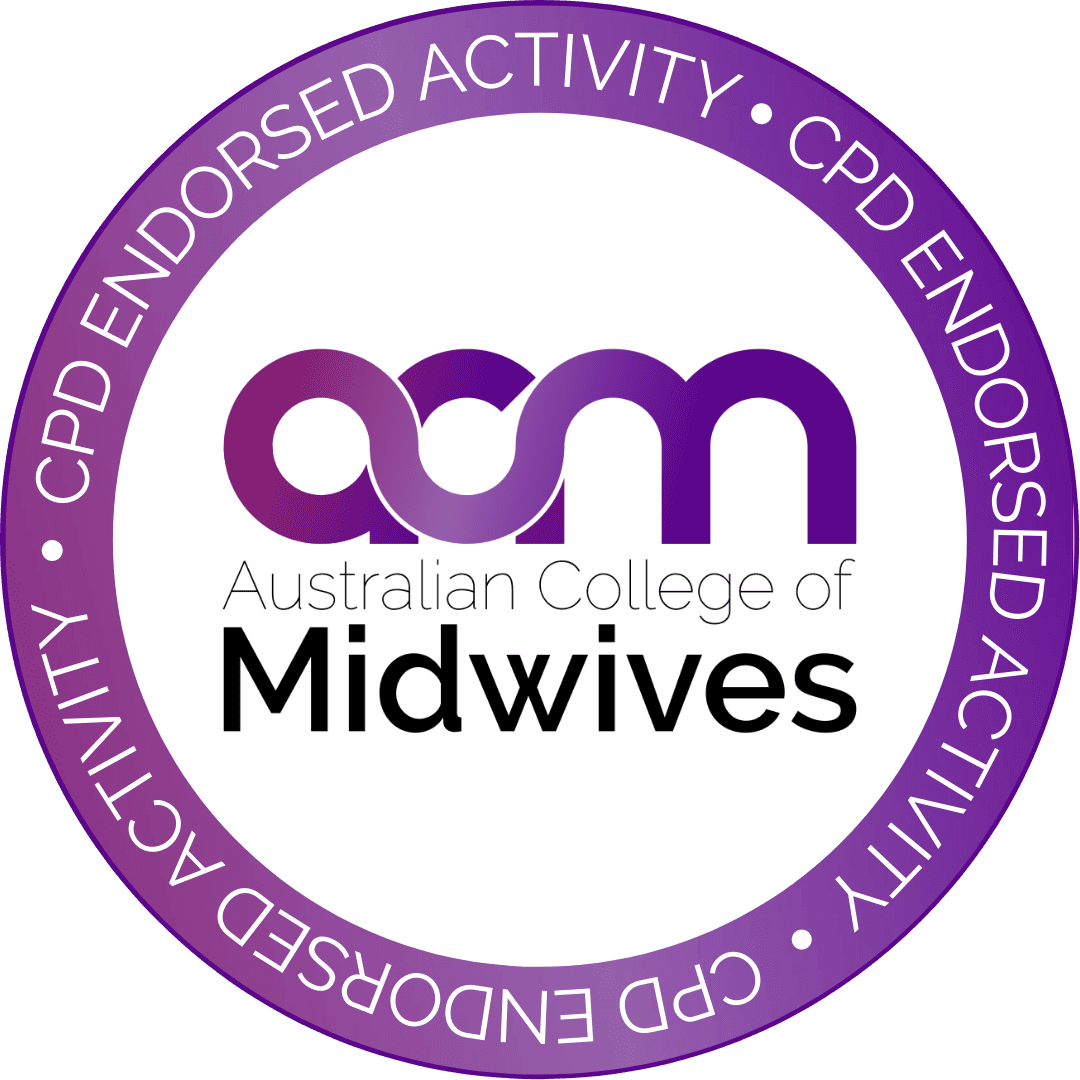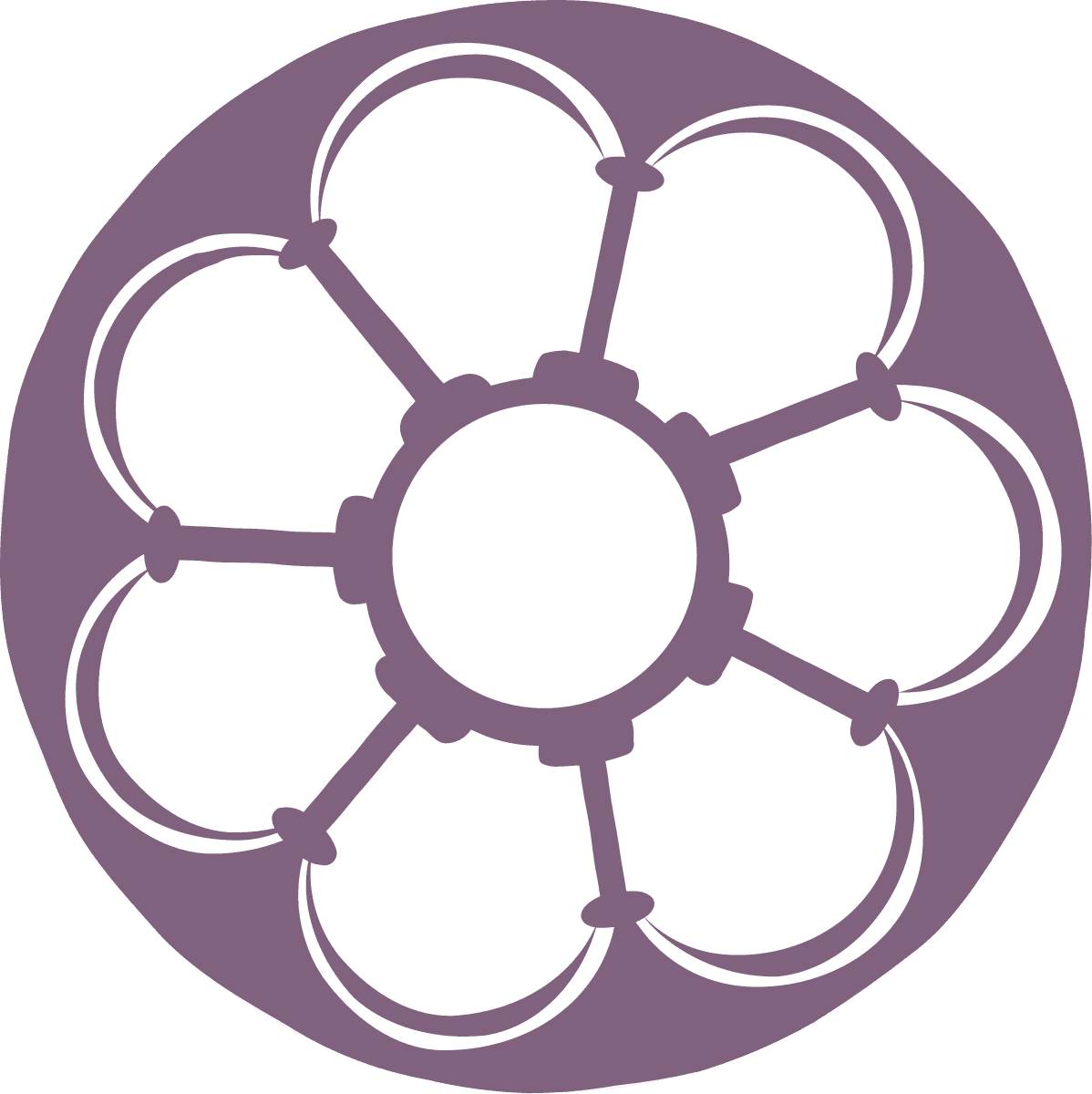About The NDC Institute
Neuroprotective Developmental Care (NDC or the Possums programs) is a paradigm shift in evidence-based early life care and is already contributing to change in the care of parents with infants internationally.
NDC aims to protect the rapidly developing infant brain, gut, immune and stress response settings during the first critical months of life, and supports parents’ psychological resilience during this challenging though rewarding time. NDC applies the lenses of evolutionary biology, complexity science and holistic (or generalist) clinical practice in the interpretation of the latest scientific evidence. The NDC framework is laid out in about 30 peer-reviewed research publications and evaluations.
The NDC Institute translates this research to provide world-class online education and resources for health professionals, providers and educators in the domains of
- Clinical breastfeeding support and lactation science
- Infant cry-fuss problems
- Sleep
- Infant sensory motor needs and development
- Perinatal and infant mental health.
Unlike other approaches to early life care, NDC uniquely acknowledges the interrelatedness of these domains, with clinical breastfeeding support and parent emotional well-being at the program's foundation, offering genuinely holistic care.
The NDC Institute is a labour of love and a proud Australian general practice initiative.
Read on to learn more about Dr Pamela Douglas.




This organisation is an accredited CPD Provider under the RACGP, ACM and ACRRM CPD Programs.
If you have any questions about The NDCI or our courses, please don't hesitate to reach out to us at education@possums.org

About Dr Pamela Douglas
Dr Pamela Douglas is an Australian GP and researcher, who has developed the evidence-base to the innovative programs known as Neuroprotective Developmental Care (NDC or the Possums programs) in about 30 peer-reviewed articles published in international journals since 2005, and then translated them into education programs for parents and health professionals. Dr Douglas is also a breastfeeding medicine physician who first qualified as an International Board Certified Lactation Consultant in 1994. She's been conducting educating in NDC or the Possums programs since 2011, and is author of a bestselling book for parents, The discontented little baby book.
Acknowledgement of Country and a word about our logo
We knowledge the traditional custodians of Meeanjin (Brisbane, Australia), the Yuggera and Turrbal Peoples, on whose land the Possums programs have been developed. We acknowledge that First Peoples breastfed their babies, slept with them close by their sides, and protected their children's flourishing in relation to community and country for at least 60,000 years of continuous culture. The NDC Institute acknowledges having learnt from First Peoples' ancient wisdom in the protection of the well-being of future generations, and pays respect to Elders past, present and emerging.
In the Middle East, from a few thousand years BCE, various female divinities were represented by the mandala of the Seven Pillars of Wisdom, spanned by seven stone arches. Between 1500 and 300 BCE, the Greek word sophia meant clever, skilful, intelligent, wise. From about 700 BCE, Sophia was the name given to the Divine Wisdom figure in the Torah of Judaism. Then from 100 CE, Sophia was the Divinity of Wisdom in Gnosticism. She is represented by the Seven Pillars of Wisdom.

